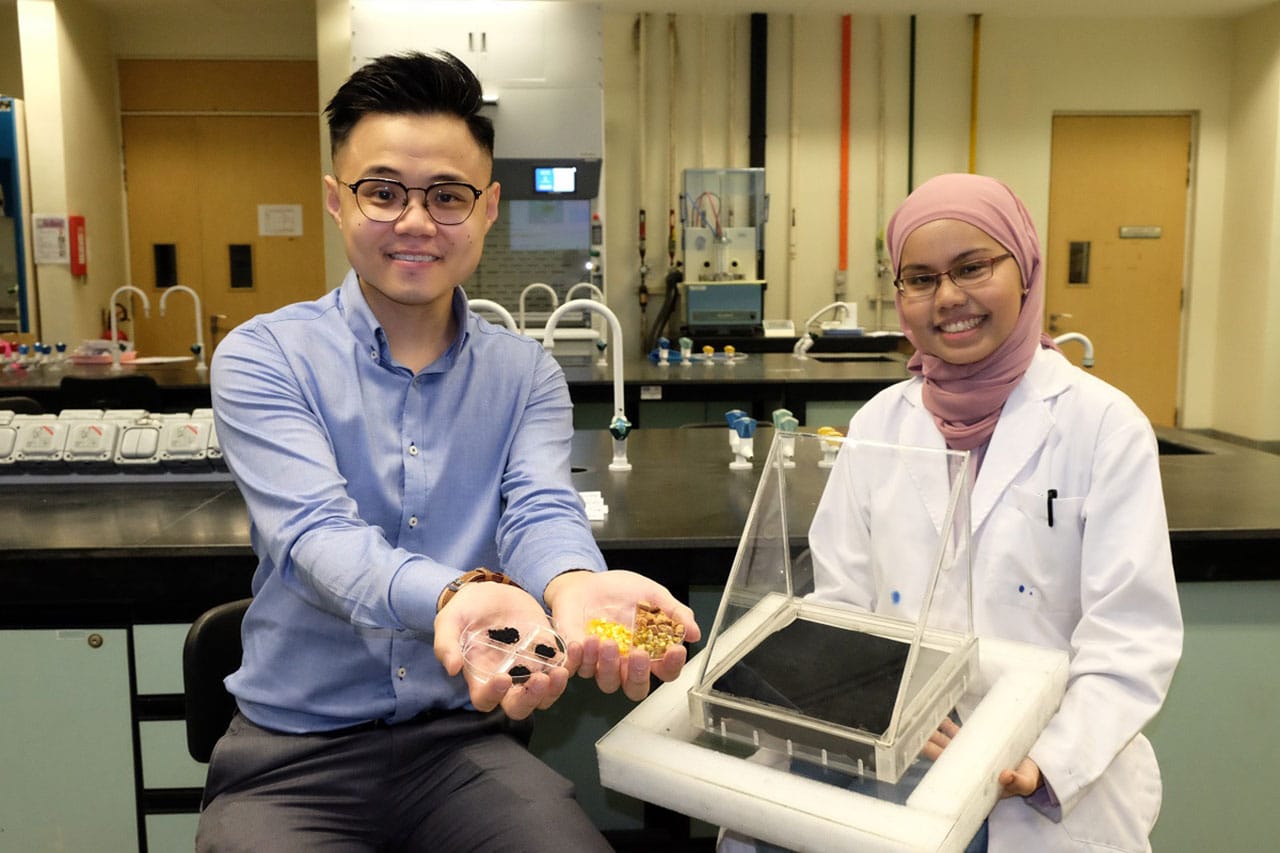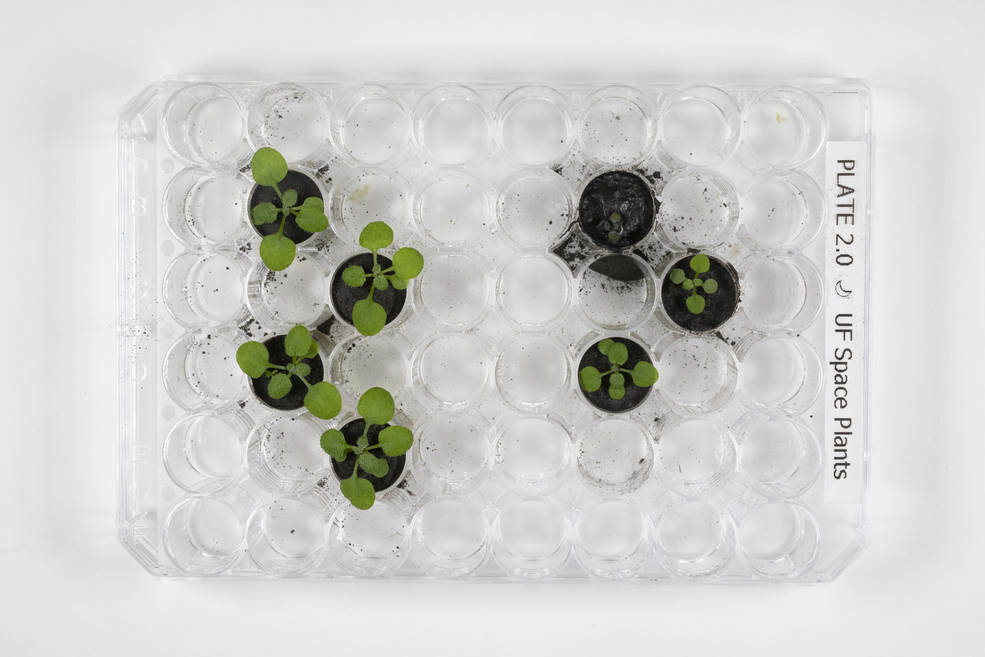Violent tensions over water are on the rise all across the globe.
Fresh water is vital for life on earth. However inadequate fresh water supplies due to poor sanitation and the absence of purification systems lead to over 5 million deaths annually.
Now Nanyang Technological University scientists have developed an ultra-thin material for solar-powered water purification.
Researchers have used fruit and plastic waste to develop this device
Researchers developed a material ‘Mxenes’ that has exceptional light-to-heat conversion efficiency. Scientists created this material using a two-step carbonization method. They used fruit waste such as coconut husks, oranges, and banana peels to make Mxenes.
MXene used to create solar stills for water purification
MXenes material’s light-to-heat conversion property and the two-dimensional layered structure with multiple opening channels allow water to pass through easily. Moreover, MXene is a superb electrical conductor, is stronger than steel, and is very light in weight. In this study, researchers used MXene materials for creating a solar absorber to be used in a solar still for water desalination.
Unlike traditional distillation, this system is cheaper, more portable, and environmentally friendly. It can also be used in disaster zones and rural areas, where fuel and clean water are usually scarce.
Assistant Professor Ang said, “Our synthesis process is three times cheaper than commercial methods because the source that we use (fruit waste) is free of charge,”
“It doesn’t require any electricity because we’re using renewable solar energy, so it is very easy to deploy. As long as you have sunlight, you can use it.”
He added, “This will be especially beneficial to the underprivileged community. When we tested our water quality against PUB standards, we met those drinking standards.”







